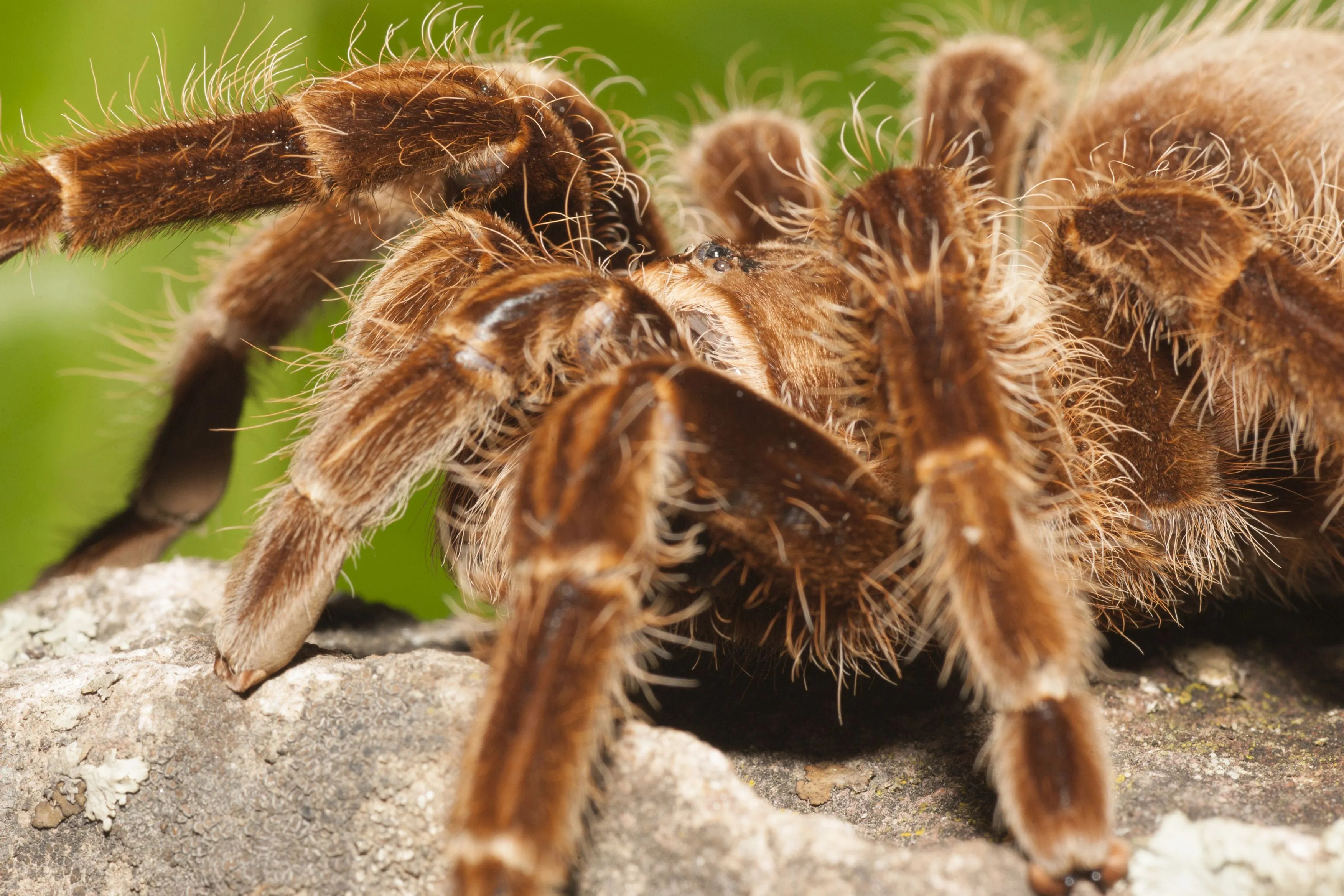10 Amazing Benefits of Tarantula Pets
Considering a unique and intriguing pet? Tarantulas, with their captivating appearance and fascinating behaviors, have become increasingly popular among pet enthusiasts. Beyond their exotic appeal, tarantulas offer a surprising array of benefits. This article delves into ten amazing advantages of keeping these eight-legged creatures as pets, exploring their unique qualities and why they might be the perfect addition to your home. From their low-maintenance needs to the educational value they provide, discover why a tarantula could be the ideal pet for you.
Unique Personality and Behavior
Tarantulas, contrary to common misconceptions, possess distinct personalities. Each spider exhibits unique behaviors, such as burrowing, web-spinning, or actively hunting. Observing these individual traits can be a rewarding experience for any pet owner. They are also capable of a range of behaviors, from defensive postures to displaying their feeding habits. Their slow movements make them easy to observe, and you’ll find yourself captivated by their individual characteristics.
Low Maintenance Requirements

One of the most appealing aspects of tarantulas is their low-maintenance nature. Unlike many other pets, tarantulas do not require daily walks, extensive grooming, or constant attention. They need infrequent feeding, typically once or twice a week, and their enclosures require minimal cleaning. This makes them an excellent choice for individuals with busy lifestyles or those seeking a pet that doesn’t demand a lot of time and effort.
Educational Value
Tarantulas offer a unique opportunity for learning and education, especially for children. They provide a hands-on way to learn about arachnids, ecosystems, and the natural world. Owning a tarantula can spark an interest in biology and zoology, encouraging curiosity and a deeper understanding of different species and their habitats. This educational aspect makes them a great pet for families looking to expand their knowledge.
Fascinating to Observe
The captivating nature of tarantulas is undeniable. Their behaviors, from molting to hunting, are endlessly fascinating to observe. Watching a tarantula construct its web, stalk its prey, or simply move around its enclosure can provide hours of entertainment. This makes them a great pet for anyone who enjoys observing the intricacies of the natural world and appreciating the beauty of different species. Their unique activities can be a calming and enriching experience.
They Do Not Need Much Space

Tarantulas do not require a lot of space to thrive, making them suitable for apartment living or homes with limited room. Their enclosures are generally small and easy to accommodate. This is a significant advantage for those who live in smaller spaces but still want to experience the joys of pet ownership. Their compact habitats make them a convenient and practical pet option.
Quiet Companions
Tarantulas are naturally quiet pets. Unlike dogs or cats, they do not make any noise, making them a great choice for those who prefer a peaceful environment. This also means that they will not disturb your neighbors or create any disruptions. Their silent presence makes them a calm and unobtrusive addition to any household.
Cost-Effective Pets
Compared to other pets, tarantulas are relatively inexpensive to own. The initial cost of the tarantula itself, along with the setup of the enclosure, is generally affordable. Furthermore, the ongoing costs, such as food and substrate, are minimal. This makes them a budget-friendly option for those seeking a pet without breaking the bank. Their low maintenance requirements also contribute to their cost-effectiveness.
Long Lifespan

Many tarantula species have a long lifespan, with some females living for over 20 years. This offers a sense of long-term companionship that is often not found with other pets. This longevity provides a unique opportunity to form a lasting bond with your pet and witness its life stages over an extended period. The long lifespan makes a tarantula a rewarding pet for those seeking a long-term commitment.
Allergies and Their Benefits
For individuals with allergies, tarantulas are an excellent alternative to traditional pets that trigger allergic reactions. They do not have fur or feathers, so they do not produce dander, the main allergen for many people. This makes them a hypoallergenic option, allowing allergy sufferers to enjoy the companionship of a pet without the discomfort of allergic reactions. This is a significant benefit for individuals who have always wanted a pet but have been limited by allergies.
Variety of Species and Colors
Tarantulas come in a wide variety of species, each with unique characteristics, colors, and sizes. From the vibrant blues of the Cobalt Blue Tarantula to the earthy tones of the Chilean Rose Hair, there is a tarantula for every taste. The diversity allows you to choose a species that suits your aesthetic preferences and lifestyle. This variety ensures that there is a tarantula that captures your interest and imagination.
Potential Risks and Challenges of Tarantula Pets

Venom Considerations
While tarantula venom is generally not lethal to humans, it can cause painful bites. The effects can vary depending on the species, ranging from mild discomfort to more severe reactions in sensitive individuals. Understanding the potential risks associated with venom is crucial. Responsible tarantula owners should research the specific species’ venom potency and take precautions to minimize the risk of bites.
Handling and Safety Concerns
Handling tarantulas should be approached with caution. While some species are docile, others can be defensive or unpredictable. It is important to know the tarantula’s behavior and avoid handling unless necessary. Dropping a tarantula can be fatal. Always handle a tarantula near a soft surface, such as a bed or a carpet, and be prepared for the spider to move quickly. Use tools, like a soft brush to gently guide your tarantula.
Ethical Considerations and Responsible Ownership

Responsible tarantula ownership includes understanding the ethical implications of keeping exotic pets. This involves ensuring that the tarantula is sourced from a reputable breeder. Providing proper care, including a suitable habitat, diet, and enrichment, is crucial for the tarantula’s well-being. It is also essential to be aware of the tarantula’s natural behaviors and needs, making sure the environment meets them. Owners should also be prepared to handle the tarantula humanely if the time comes, as well as understand the commitment involved in caring for a long-lived pet.
Essential Care Tips for Tarantula Pets
Setting Up the Right Habitat
The enclosure should be appropriately sized for the tarantula, with adequate ventilation and substrate. The substrate should be suitable for the species. It is important to maintain the correct temperature and humidity levels, which can often be species-specific. The habitat should include hiding places, such as cork bark or artificial plants, to provide security and comfort. A well-designed habitat will promote the tarantula’s health and well-being, as well as make it more enjoyable to observe.
Feeding and Hydration

Tarantulas typically feed on insects, such as crickets and mealworms. The frequency of feeding depends on the tarantula’s age and species. Provide fresh water in a shallow dish at all times. Monitor the tarantula’s feeding habits and adjust the diet as necessary to ensure proper nutrition. Handling a tarantula requires caution, and it’s best to only handle it when necessary. Keep the feeding insects alive to create a hunting scenario for the tarantula.
Health and Wellness
Regularly check the tarantula for signs of illness, such as lethargy, loss of appetite, or unusual behaviors. Provide a clean environment and monitor the enclosure’s conditions to prevent disease. If you notice any health issues, consult with a veterinarian or a specialist experienced with tarantulas. Provide enrichment and proper care to help your tarantula lead a healthy, fulfilling life. Be sure to quarantine new arrivals for some time before introducing them to your tarantula collection, to prevent the spread of disease.
In conclusion, keeping a tarantula as a pet offers a unique and rewarding experience. From their low-maintenance needs to their fascinating behaviors, tarantulas provide many advantages. By understanding both the benefits and the responsibilities, you can decide if a tarantula is the right pet for you. Remember to prioritize responsible ownership, providing a safe and enriching environment for your eight-legged companion.
